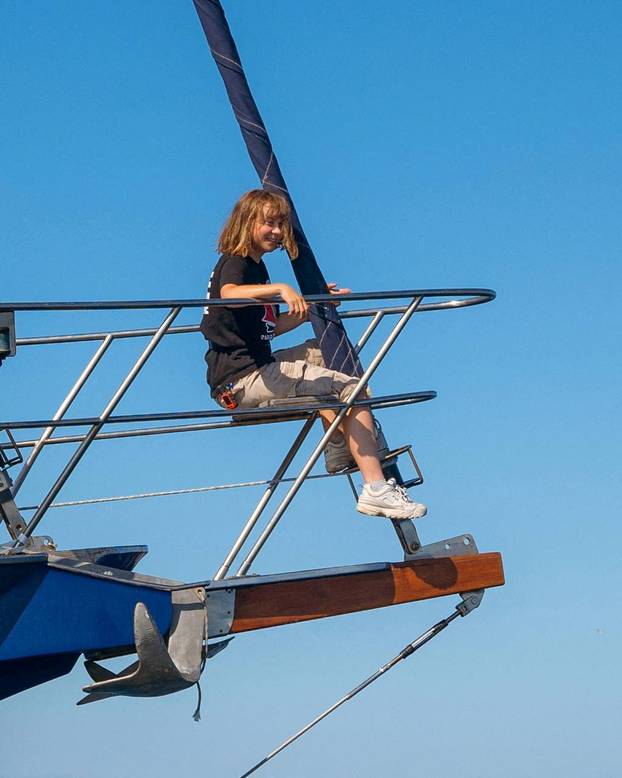Duodji and dreams do not stay alive in Finnmark and north
Many will protect nature in the north, and say no to power lines, wind farms, mineral extraction and farming. At the same time, they point to tourism and duodji as sustainable alternatives. But tourism is not without intervention – and culture alone does not build societies. We need jobs that actually work.
We are in the middle of the big Easter exit. Scooters and sleds are packed full of equipment produced in distant land and we head for the good cabin life and thousands of fishing waters. This is a dear tradition – and part of our way of life here in the north. But in a time when « sustainability » has become honorary words in all contexts, do I feel a strong unrest: How sustainable is what we are doing? According to a new report from the EU, mentioned in NRK, Norway will be particularly severely affected by climate change. Ice and snow are melting, fish stocks move, and the natural basis for life and nutrition in the north is weakened. Climate change does not happen out there – they happen here. Nevertheless, we continue to import a resource -intensive lifestyle ideal, with an ever -increased strain on both our nature and our infrastructure.
The resistance to power development and electrification is great – both because we fear high electricity prices and because we want to protect untouched nature. It is understandable. But at the same time, we live with a consumption pattern and an expectation of comfort, infrastructure and accessibility – which requires exactly what we say no to.
Take tourism as an example: When we see what overturism has done with Lofoten and Tromsø – pressure on the housing market, worn -out natural areas and increasing conflicts between locals and visitors – is this really what we want to recreate in each bay and width in Finnmark?
Nevertheless, it is precisely (small -scale) tourism many who oppose industrial nature interventions point out as the industry of the future. Here, an obvious paradox arises: Those who loudly say no to wind power, no to power lines, no to farming and no to mineral extraction – often say yes to tourism, as if it is an non -non -non -non -engaging and sustainable alternative. But it is not.
Travel life requires roads, electricity, accommodation, water and drainage. It requires international marketing and transport – often by air, cruise and motorized vehicles. Ironically, there is also an industry that is entirely dependent on precisely the type of infrastructure and energy access that other industries are criticized for demanding.
Recently, I heard a representative from the Sami Parliament say that one should not be worried about jobs in Finnmark. In addition to those who get to do reindeer husbandry, people could work with duodji – Sami crafts – or get a job on « Sami houses » that can be established in several villages.




